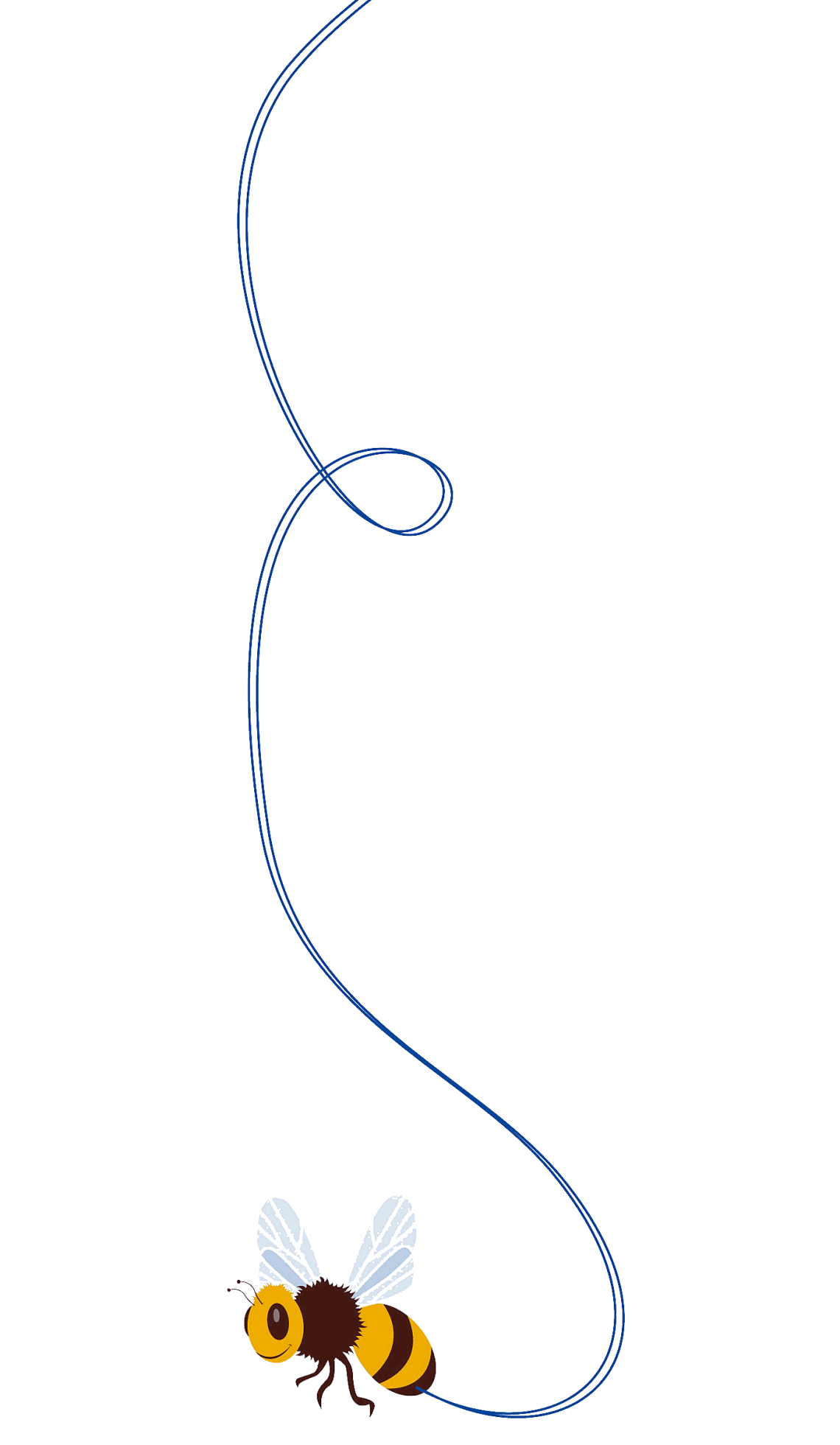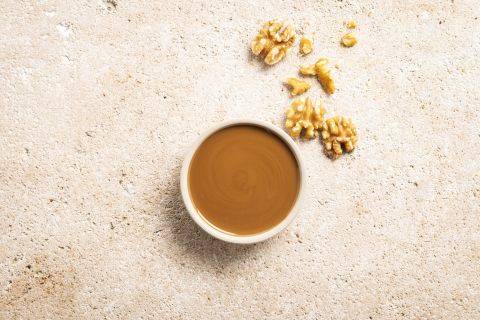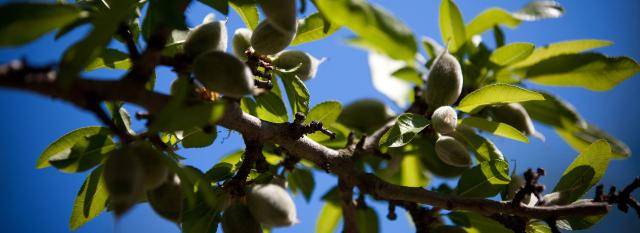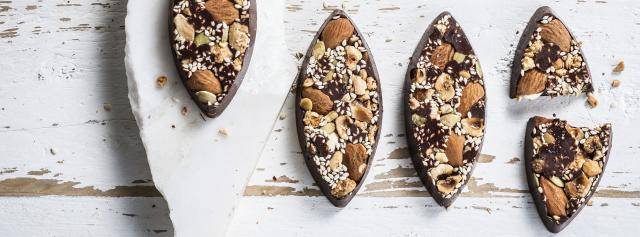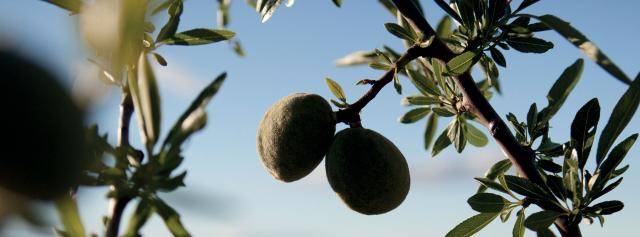Foster biodiversity
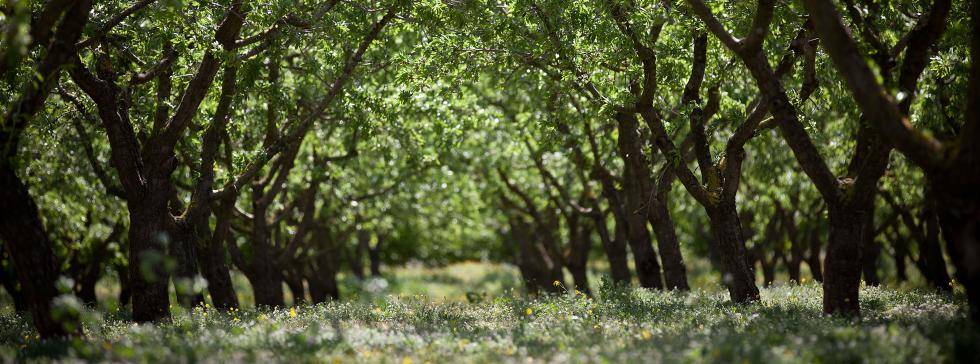
Foster biodiversity
Why is biodiversity in nuts orchards important?
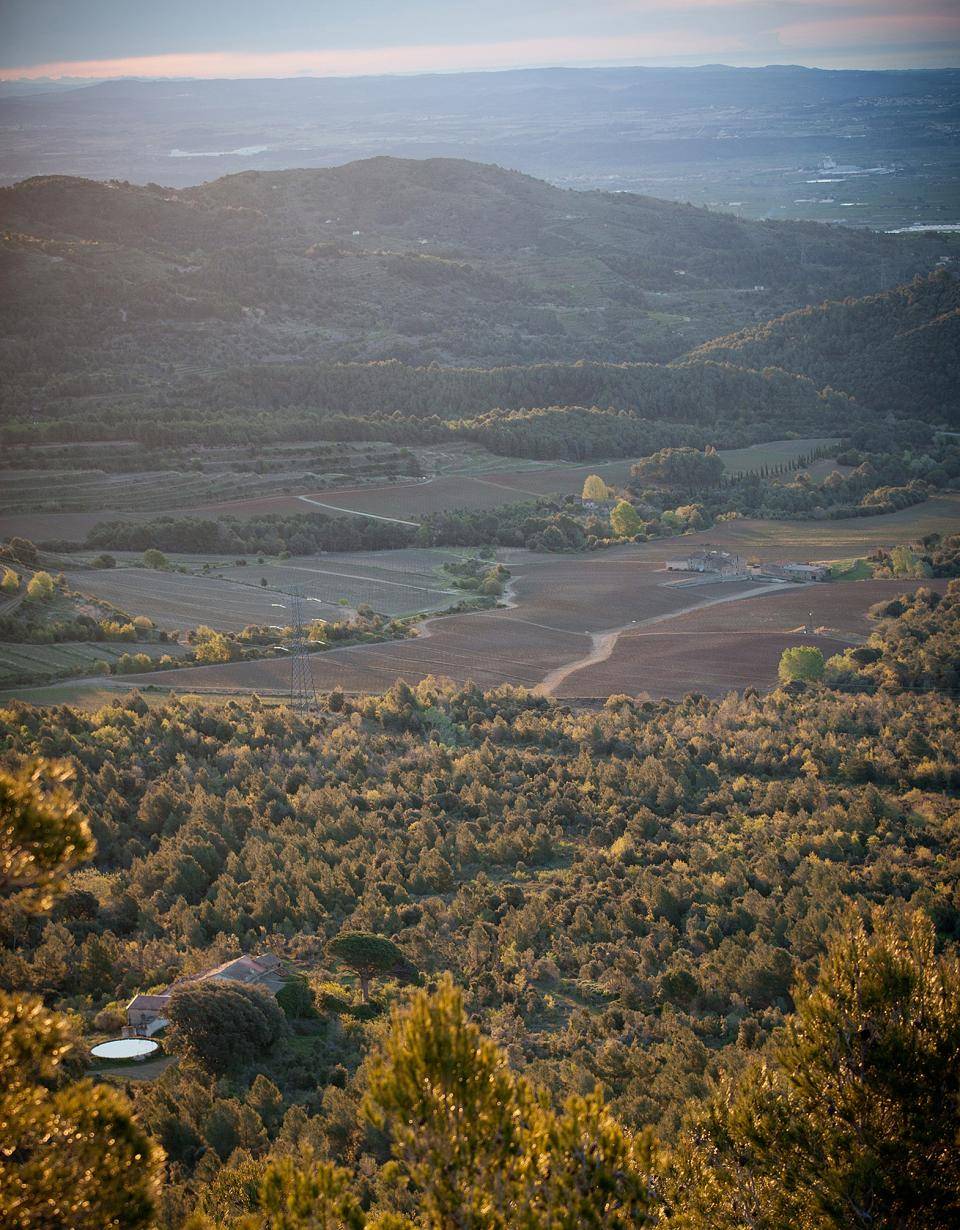
The last reports about the loss of biodiversity are alarming. 1 million animal and plant species are now threatened with extinction(1). Among those, bees and other pollinators are in a critical situation and 40% of invertebrate pollinators species are facing a risk of extinction.
Almonds and macadamia depend heavily on pollinators’ activity. The steep decrease in pollinators' population and the loss of biodiversity in general is undoubtedly endangering out food diversity as a whole. Loss of habitat, use of pesticides, pests and diseases, and climate change are the main reasons for this decline.
In parallel, agriculture practices can play a key role to maintain local biodiversity: by carefully using pesticides and limiting their usage to when absolutely needed, and maintaining a haven for local fauna with agro-ecological infrastructures.
With this in mind, we aim to promote practices favoring biodiversity to make sure we can enjoy the best nuts in a sustainable way.
What is the link between almonds and bees?
Almonds are not killing bees, but when intensive almond farming takes place, the use of pesticides and the loss of habitat (due to monoculture) are negatively impacting bees' population.
- No almond, no bees: The almond tree is a plant that is beneficial to bees. Almond flowers are among the first ones to blossom, between February and March. They are key for honey bees as it is one of the first sources of food they can find after winter to reinforce the beehive and enable an important increase of bees population.
- No bees, no almonds: Honey bees and other pollinators are essential to almond trees as they play a key role in the pollination process, going from one flower to another and spreading the precious pollen that is necessary for flowers to fertilize and grow almonds.
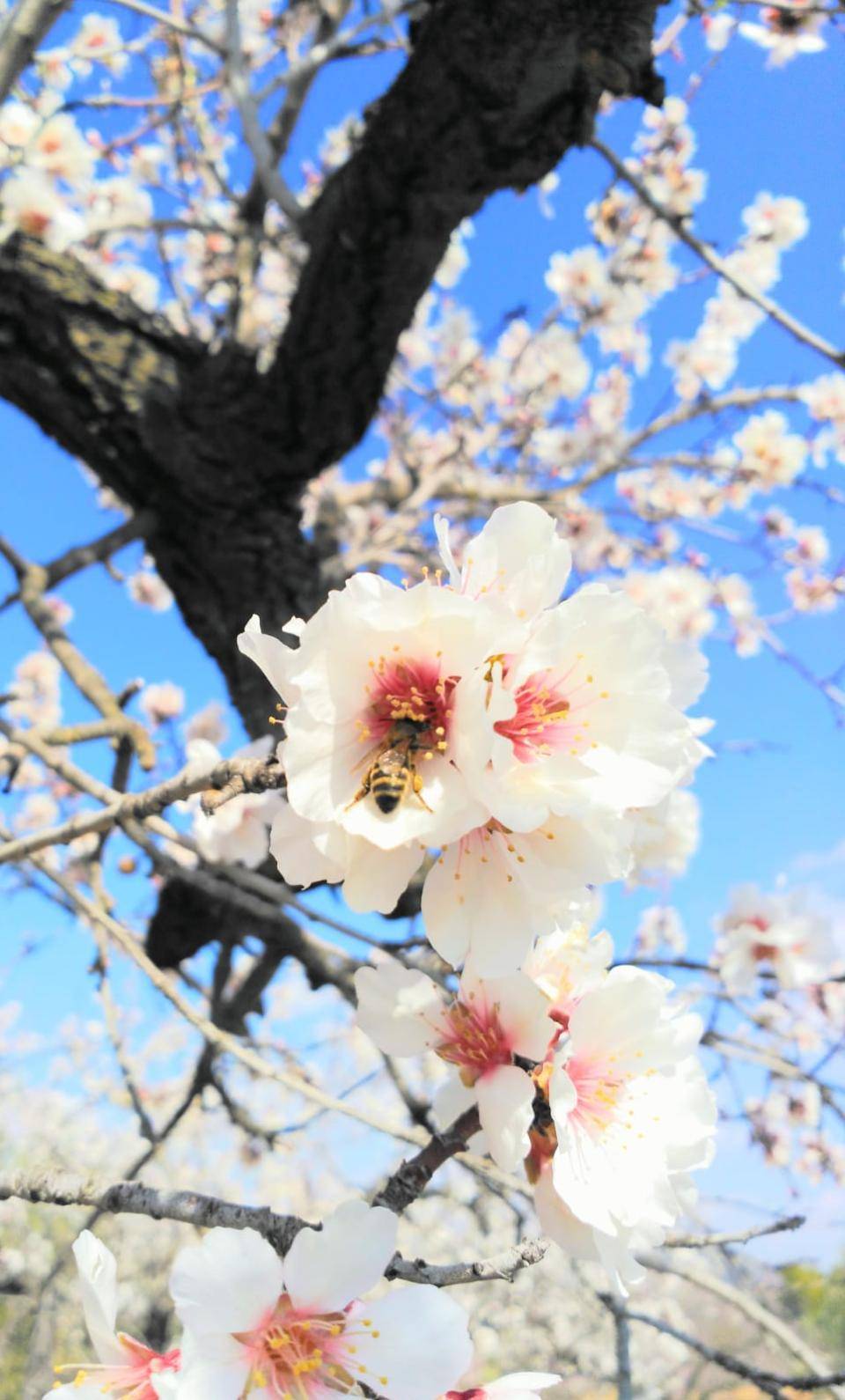
Our commitment
Our commitment: by 2025, all of the nuts we source will come from orchards where biodiversity is fostered. This means they will comply with one of the following options:
- Be produced according to certifications supporting biodiversity, such as organic or Bee-Friendly
- Come from producers implementing at least 3 IPM (Integrated Pest Management) techniques in order to limit their pesticide usage and 3 good practices in favor of biodiversity.
- Bee-friendly almonds: La Morella signed a partnership with BEE FRIENDLY, a European label that aims to identify and promote pollinator-friendly products and production systems. Together with the organization and one of our suppliers, we work on the implementation of "bee friendly" practices in Spanish almond orchards. A strict set of specifications have been defined and needs to be implemented to reach the certification. In 2020, we have been the first company to achieve BEE FRIENDLY certification for almond production. We are therefore the first player in the market offering BEE FRIENDLY certified almonds! Progressively we want to scale the volumes up.
- Organic nuts: we offer organic-certified hazelnuts, almonds and pistachios. Those are grown according to strict requirements, without chemical pesticides.
- Biodiversity practices: agro-ecological infrastructures such as hedges, stone walls, cover crops… are real reservoirs for the wild fauna. Beyond naturally enriching the soil and avoiding soil erosion, it provides refuge for beneficial insects, which can help to reduce the amount of pesticides used. We work with suppliers training nut farmers to maintain vegetal cover between trees. In the future we also want to encourage farmers to maintain agro-ecological infrastructures on their farms.
